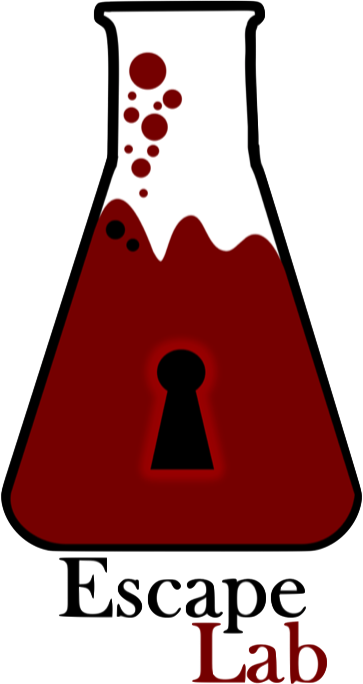Downloads
Interactive eBooks in chemistry lessons
As interactive eBooks, Multitouch Learnings Books (MLB) accompany science learning and work on a curriculum-related topic series in chemistry lessons as well as the linking of different learning locations.
The Multitouch Experiment Instructions (MEI) focus on a practical experimental unit in the laboratory on a curriculum-relevant topic.
The eBooks support individualized learning in chemistry classes with different task formats and differentiation options such as graded help.
Download Multitouch Learning Books
- Das Teilchenmodell
Download iBook “Das Teilchenmodell” - Stoffgemische und ihre Trennung
Download iBook “Stoffgemische und ihre Trennung” - Galvanik
Download iBook “Galvanik”
Regarding the following iBooks, write an eMail to the staff member David Schaaf.
- Die chemischen Grundgesetze
- Säuren und ihre Eigenschaften
- Phosphor-Rückgewinnung
Download Multitouch Experiment Instructions
- Vom Erz zum Metall
Download iBook “Vom Erz zum Metall” - Citronensäurekunststoff
Download iBook "Citronensäurekunststoff"
Regarding the following iBooks, write an eMail to the staff member David Schaaf.
- Analyse von Alkanen
- Analyse von Cola
- Gewässeranalyse
- Süßstoffe und Zuckeraustauschstoffe
- Mysteries im Schülerlabor

EXPlainistry
As students regularly communicate with digital devices and document experiences in their social and personal lives, this behavior could be used to record and reinforce learning experiences, such as visualizing reactions at the molecular level in chemistry class, but also in the student lab. An example of this is the creation of stop-motion videos to support the visualization process when explaining experiments. This approach uses established techniques for representation (e.g., static models or images) and combines them with dynamic approaches (e.g., animations) to enhance the explanation of scientific phenomena. This approach can be used to extend teaching and learning in the student lab with the EXPlainistry (Experiments explained in Chemistry) method.

The integration of digitally supported teaching-learning scenarios, in the form of augmented reality (AR), offers both formal and non-formal learning, among other things, the possibility to more sharply delineate the macroscopic, submicroscopic and symbolic levels of representation (Johnstone, 1999) and thus to distinguish between them more consciously. In particular, the observation of macroscopic processes with subsequent explanation at the particle level (microscopic), with conscious use of symbolic forms of representation, represents a fundamental challenge in science education. For this reason, AR teaching-learning situations were developed in the student laboratory, which are intended to support the independent acquisition of chemical subject content in research-based experimentation.
Download for various AR learning environments
Analysis of alkanes Download Arbeitsblatt mit Trigger
Properties of water Download Arbeitsblatt mit Trigger

EscapeLab
Storyline
Mankind is on the brink of the abyss. The Obliviscatur virus has broken out. It is highly contagious, so that half of humanity is already affected. The virus makes people forget everything they have ever learned or not learned. A small group of researchers at Saarland University has succeeded in developing an antiserum that fights the virus and cures people. In order to protect the prototype of this serum from the greed of some people, the four scientists hid it together with the formula for its production in a box, which is locked with a combination lock. For safety, each of the scientists thought of exactly one number of the combination. Unfortunately, the entire research team got infected with the virus and forgot everything that is important for the production of the antiserum and the combination of the combination lock as well. You are now our only hope. Find out the combination to the combination lock and save humanity. You have only a few hours left before too many people are infected to ensure the survival of humanity.

Digital classroom organization with Moodle
In today's world, it is essential to integrate digital teaching-learning formats into the classroom. One way to do this is to organize lessons with the help of the e-learning platform Moodle. In addition to the simplified "student administration", digital learning scenarios can be provided. Such a platform offers the possibility to realize flipped classroom or blended learning. On the one hand, this brings organizational advantages, on the other hand, it enables self-regulated learning of the students as well as the acquisition of competencies in the digital world. Attached you will find ready-made Moodle courses for implementation on your own Moodle website.
Moodle courses on various topics
Regarding the Moodle course, write an eMail to the staff member David Schaaf.
